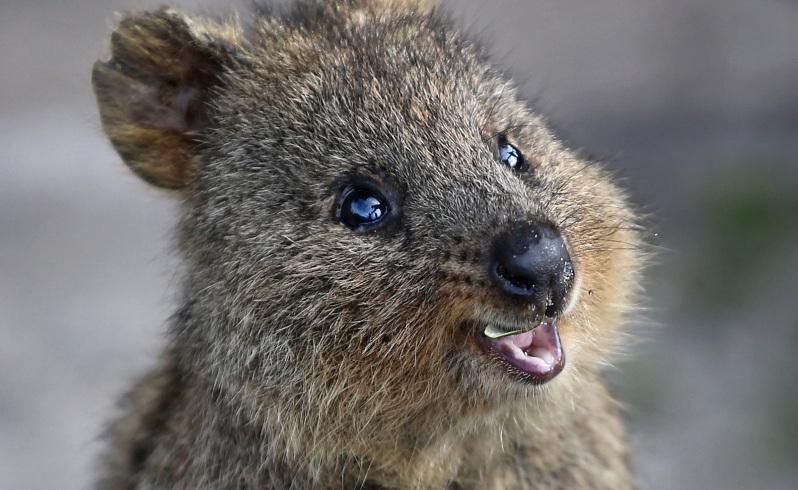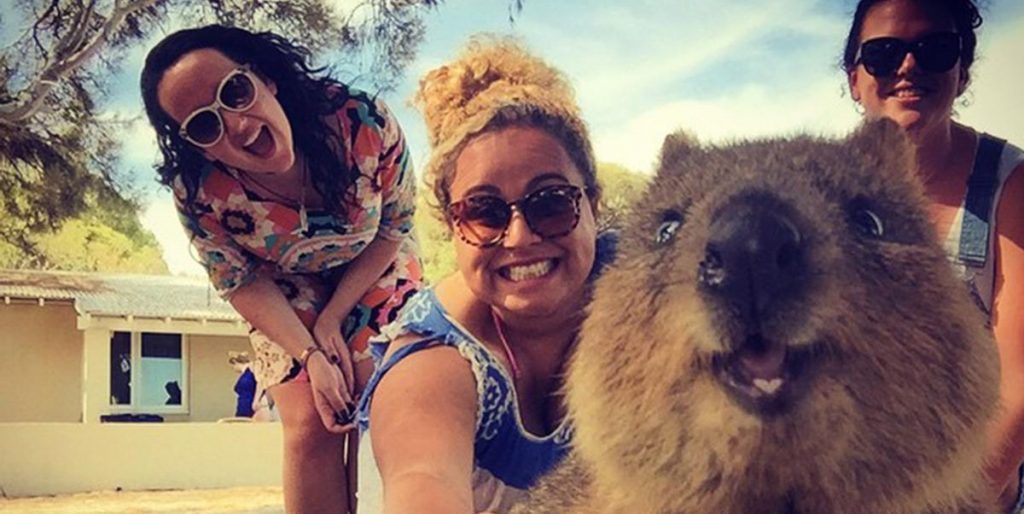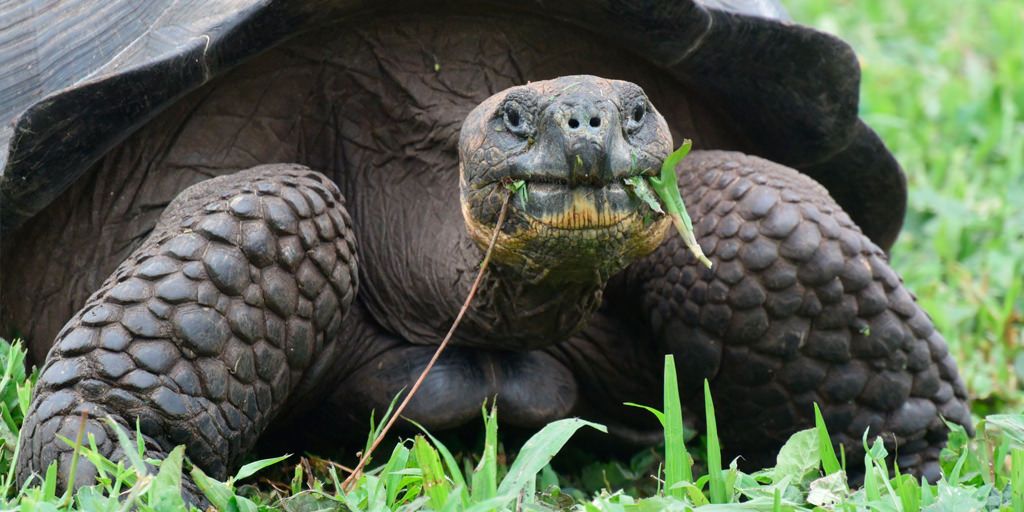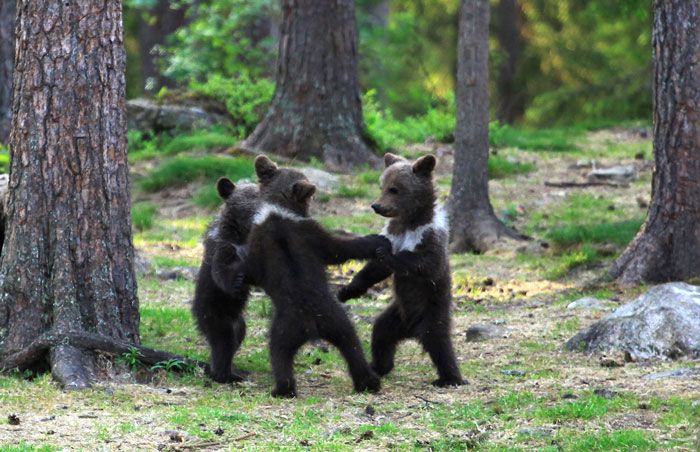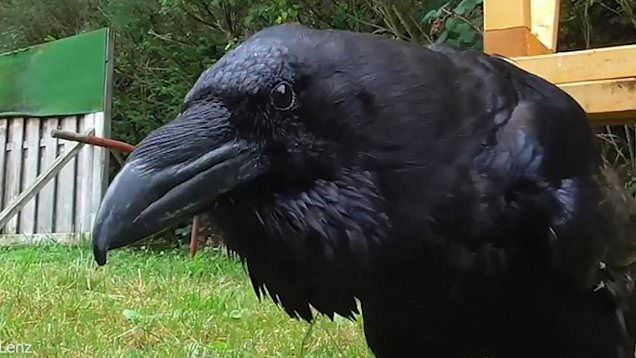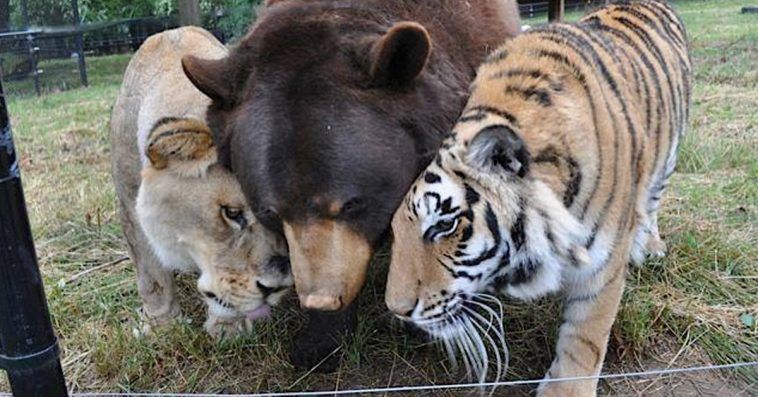Australia has now obtain an all-new star and we are not referring to some Aussie who has actually made it to Hollywood however a rat-like animal who is of a pet cat’s size! Interested? We are speaking about ‘Quokka‘, a marsupial mammal which lives in the Rottnest Island of Australia. They’re a few of the smallest members of the macropod (or “big foot”) family, which likewise includes Kangaroos and Wallabies.
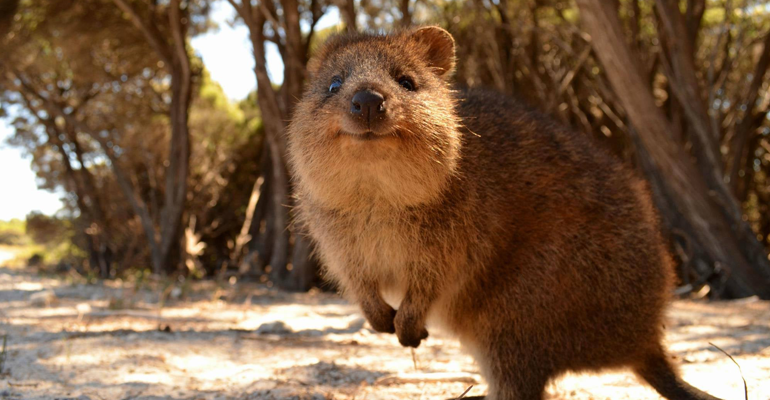
Remarkably this island has actually been called after this animal itself!
Dutch explorers named this island as ‘Ratte-nest’ after this rat-like animal. With time, it came to be named Rottnest.
After that what is it that has offered it a lot popularity? Well, these charming little rats are exceptionally friendly and also have actually been recently soaring in selfies of all Rottnest visitors! Yes, you heard me right, Quokkas pose and also copy human faces as well as funnily pose into the main cameras of tourists of the island. The selfie ended up being frenzy with Tennis wonderful Roger Federer’s selfie with a Quokka!
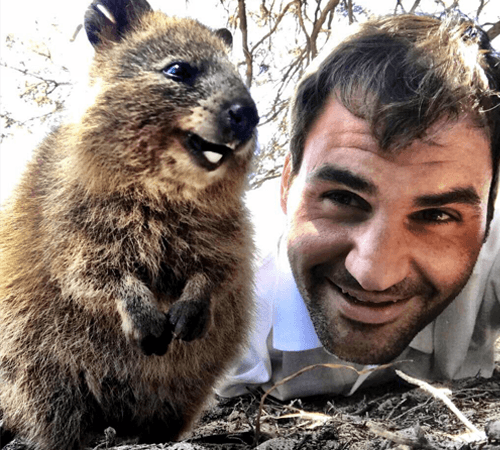
Federer followers and people around Australia as well as internet have actually been flocking Rottnest and taking numerous selfies with Quokkas.
World’s Happiest Animal
For its extreme humane imitations as well as cuteness, Quokkas have actually been labelled world’s happiest animal.
It Can’t Be Your Pet.
The IUCN Red List identifies the quokka as vulnerable due to declining populations as well as loss of habitat from logging and development. Dangers include foxes, dogs, and cats on the mainland, which has actually limited their population. On Rottnest, there are no foxes, dogs, or cats, however human visitors have actually killed quokkas out of cruelty. Quokkas are additionally at risk of developing muscular dystrophy, a condition in which muscles are damaged as well as weakened.
Rottnest Island authorities will certainly slap a $300 penalty on anyone caught touching a Quokka.
Quokkas are naturally trusting as well as curious animals and might come close to guests. If you go to an area with quokkas, do not touch them or feed them. Inform others to do the same. You can likewise help protect their habitat by supporting efforts to reduce visiting Western Australia.

